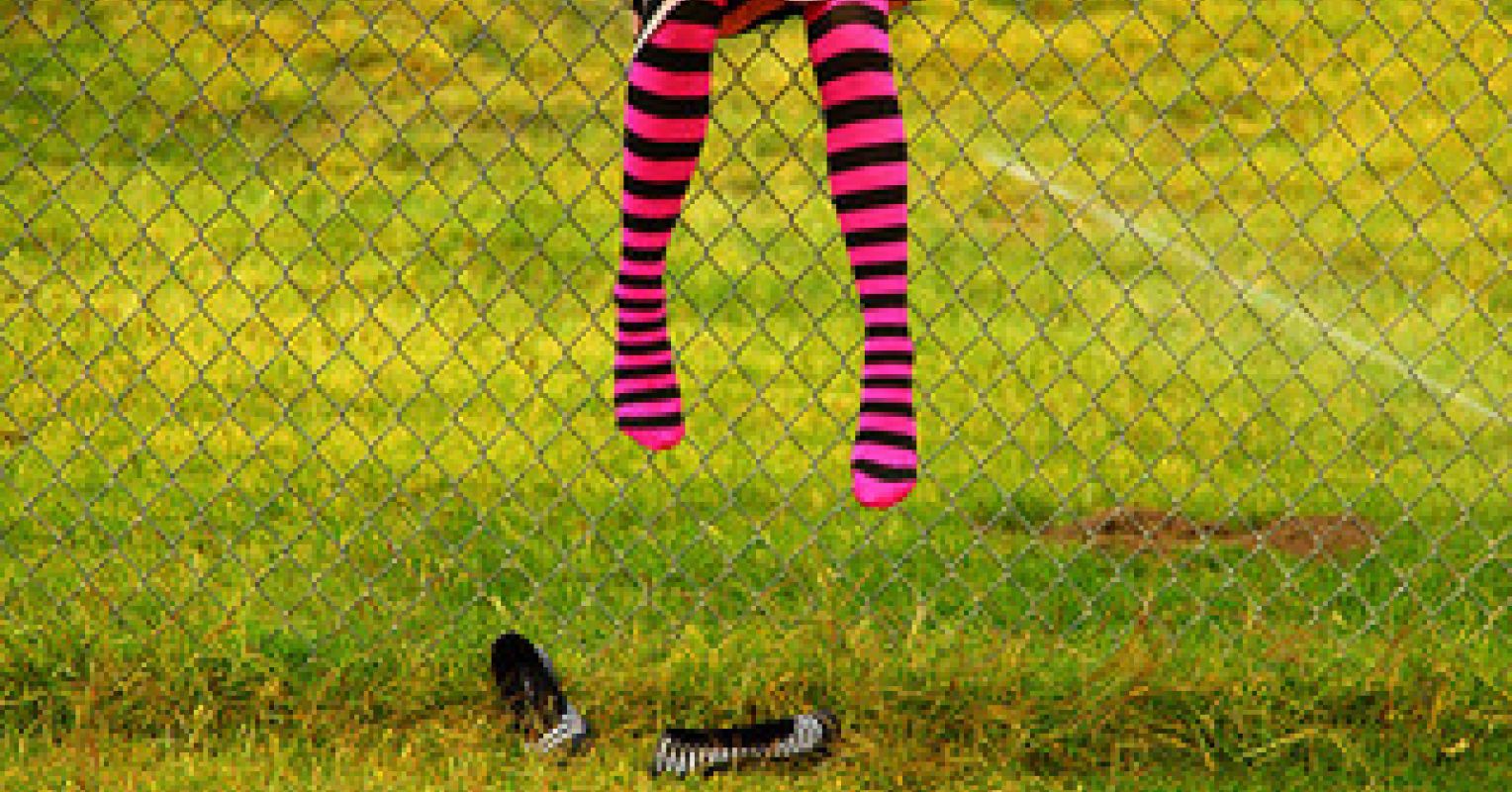David Baxter PhD
Late Founder
OCD and Social Scrupulosity
by ocdtalk
August 3, 2012
I had never even heard of social scrupulosity before, so at the International OCD Conference last week, I decided to attend a session on the subject. I had always associated scrupulosity in OCD with unreasonable religious expectations of one?s self. It turns out that scrupulosity can refer to unreasonable expectations of one?s self in various realms. Social Scrupulosity exists when the sufferer has an obsessive fear of harming the feelings of others. This is extremely distressing and can interfere greatly with daily life.
I immediately thought of my son Dan. When his OCD became severe in college, he totally isolated himself from his friends. I?ve talked about his sense of hyper-responsibility , and the way I understand it, social scrupulosity is a type of hyper-responsibility. Those with social scrupulosity may believe that giving their opinion, negotiating, or being assertive in any way, will bring harm to others. In Dan?s case, one of the ways he dealt with his social scrupulosity was through avoidance of his friends. By avoiding them, he wouldn?t have to deal with the anxiety and fear of saying the wrong thing, or of expressing the wrong thoughts. Other common ways of dealing with social scrupulosity include engaging in compulsions such as constantly apologizing for saying something wrong or ?checking? to make sure the person you think you may be harming is okay. Those with social scrupulosity may become extremely inhibited: never asking for help or voicing concerns. Indeed they often will not express themselves in any way.
As I?ve written before, the thoughts and behaviors of those with OCD are often no different from those who do not have the disorder. It is the severity that sets them apart. I can easily relate to social scrupulosity, and while sitting in the seminar, it didn?t take me long to think of an example. The evening before, I had taken a shuttle from the airport to the hotel. The air-conditioning was on full force and blowing right on me. I was freezing. But I didn?t say a word. I associated being assertive in this situation as a negative thing. What if everyone else was comfortable? I didn?t want to ruin the ride for the other passengers. As it turns out, somebody else eventually asked the driver to warm things up a bit, and of course, nobody was offended. My guess is, they were all as pleased as I was. Of course this example is on the mild end of the social scrupulosity continuum, and had more to do with not being assertive than anything else.
Cognitive Behavioral Therapy can help those with OCD who deal with social scrupulosity. It can also help those of us who don?t have OCD but struggle with assertiveness. I learned a lot in this session, and can?t wait for next year?s conference in Atlanta. I?m already planning on asking for a temperature adjustment on the van ride from the airport.
by ocdtalk
August 3, 2012
I had never even heard of social scrupulosity before, so at the International OCD Conference last week, I decided to attend a session on the subject. I had always associated scrupulosity in OCD with unreasonable religious expectations of one?s self. It turns out that scrupulosity can refer to unreasonable expectations of one?s self in various realms. Social Scrupulosity exists when the sufferer has an obsessive fear of harming the feelings of others. This is extremely distressing and can interfere greatly with daily life.
I immediately thought of my son Dan. When his OCD became severe in college, he totally isolated himself from his friends. I?ve talked about his sense of hyper-responsibility , and the way I understand it, social scrupulosity is a type of hyper-responsibility. Those with social scrupulosity may believe that giving their opinion, negotiating, or being assertive in any way, will bring harm to others. In Dan?s case, one of the ways he dealt with his social scrupulosity was through avoidance of his friends. By avoiding them, he wouldn?t have to deal with the anxiety and fear of saying the wrong thing, or of expressing the wrong thoughts. Other common ways of dealing with social scrupulosity include engaging in compulsions such as constantly apologizing for saying something wrong or ?checking? to make sure the person you think you may be harming is okay. Those with social scrupulosity may become extremely inhibited: never asking for help or voicing concerns. Indeed they often will not express themselves in any way.
As I?ve written before, the thoughts and behaviors of those with OCD are often no different from those who do not have the disorder. It is the severity that sets them apart. I can easily relate to social scrupulosity, and while sitting in the seminar, it didn?t take me long to think of an example. The evening before, I had taken a shuttle from the airport to the hotel. The air-conditioning was on full force and blowing right on me. I was freezing. But I didn?t say a word. I associated being assertive in this situation as a negative thing. What if everyone else was comfortable? I didn?t want to ruin the ride for the other passengers. As it turns out, somebody else eventually asked the driver to warm things up a bit, and of course, nobody was offended. My guess is, they were all as pleased as I was. Of course this example is on the mild end of the social scrupulosity continuum, and had more to do with not being assertive than anything else.
Cognitive Behavioral Therapy can help those with OCD who deal with social scrupulosity. It can also help those of us who don?t have OCD but struggle with assertiveness. I learned a lot in this session, and can?t wait for next year?s conference in Atlanta. I?m already planning on asking for a temperature adjustment on the van ride from the airport.


